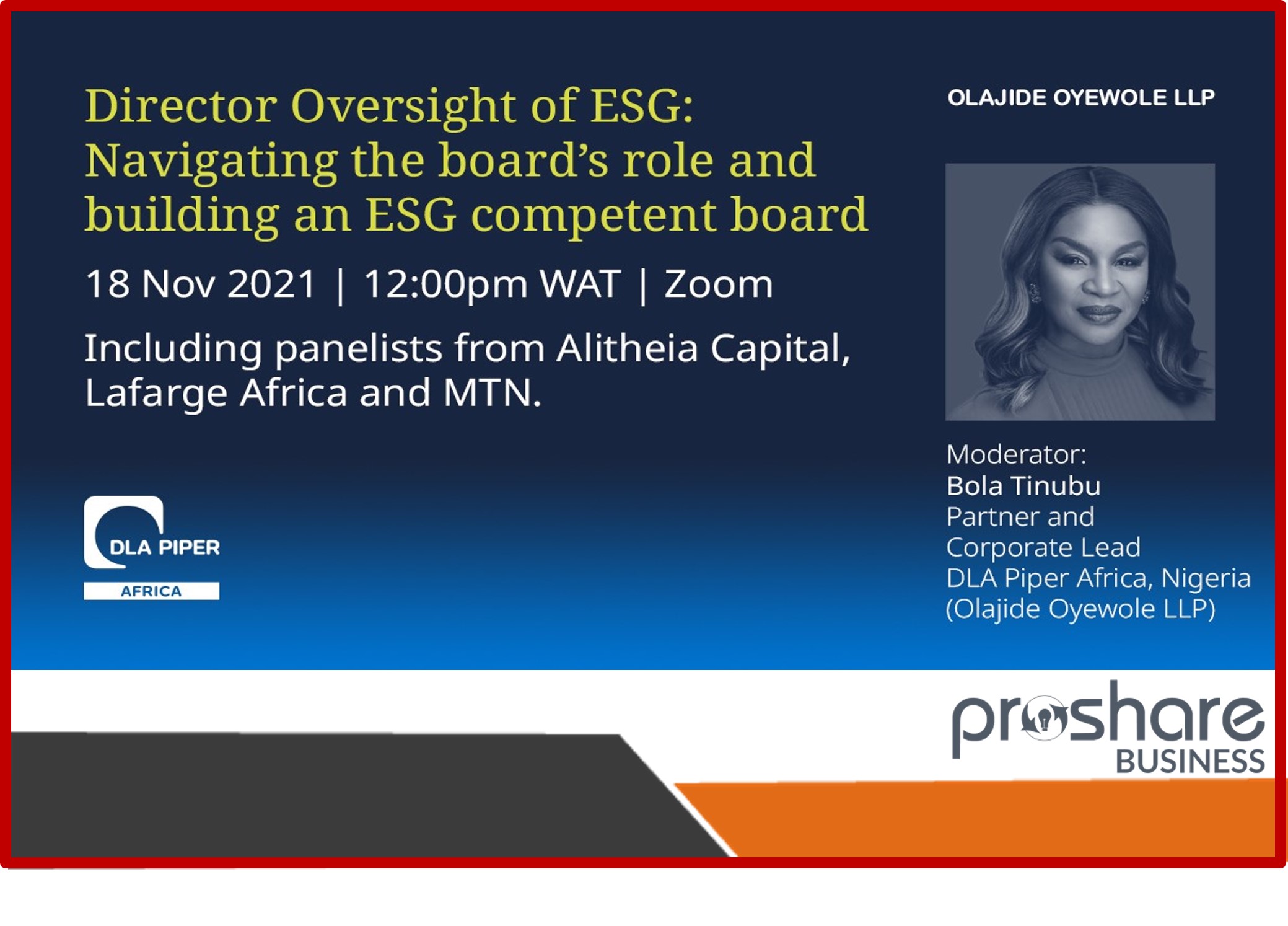A spate of high-profile regulatory findings against how asset managers operate ESG funds and present them to clients highlights the regulatory risk associated with such funds, Fitch Ratings says. Last week, Goldman Sachs agreed a USD4 million settlement with the SEC over charges against the bank’s asset-management division for failures in ESG investment policies and procedures. This follows BNY Mellon Investment Adviser’s USD1.5 million settlement with the SEC in May 2022 over charges for misstatements and omissions about ESG considerations in making investment decisions for certain funds.
Such charges can lead to reputational damage that can weaken franchises, particularly if they occur repeatedly. We expect regulators to continue their efforts to step up their scrutiny of ESG funds to crack down on ‘greenwashing’.
The increased regulatory focus on ESG funds is leading asset managers to be more conservative in how they present their ESG credentials. Managers are increasingly cautious in classifying funds under Article 8 or Article 9 of the EU’s Sustainable Finance Disclosure Regulation (SFDR). Article 8 indicates promotion of environmental or social features and investment in companies with good governance practices; Article 9 indicates an environment or social investment objective.
Many managers are even reversing existing classifications (from Article 9 to Article 8, or from Article 8 to Article 6), to soften the claims they are making about their ESG credentials given the increased regulatory scrutiny. Last week, Amundi, DWS and HSBC were amongst those to reverse classifications from Article 9 to Article 8. The reclassifications come ahead of the implementation of the SFDR Regulatory Technical Standards in January 2023, which will introduce specific disclosure requirements for ESG funds.
Some asset managers have told us that European investors are starting to take account of SFDR classifications in their investment decisions. While this is an incentive to classify funds as Article 8 or Article 9, the managers are mindful of the extra regulatory risk that comes with the more stringent criteria, and are therefore taking a cautious approach to ensure that their processes and investment strategies are sufficiently compliant before proceeding.
We expect investor demand to shift towards Article 8 and Article 9 ESG funds, with asset managers gradually reclassifying funds accordingly to meet the demand. However, we expect the reclassification to be gradual given the regulatory risks.
- Read
- Archives
- Bonds & Fixed Income
- Capital Market
- Chamber of Commerce
- Commodities
- Corporate Results
- ETFs
- Forex
- Funds
- General
- Global Market
- Market Updates
- Mergers & Acquisitions
- Mutual Funds
- Private Equity
- Public & Private Offers
- REITs
- Research Resources
- Stock & Analyst Updates
- Stock Picks
- Unlisted OTC MARKET
- Market Sentiments
- Online Trading
- Year After A
- Capital Market Report
- Read
- Personal Finance Series Reports
- Year After Report
- Economic & Financial Reviews
- Impact & Performance Reviews
- Archives
- Products&Services
- Sector Reports
- Quarterly Results
- Taxation
- Mutual Funds
- Monetary Policy
- Proshare Reports
- Power & Energy
- Right Issue Indemnity
- Proshare Analyst Reports
- Insurance
- Private Placements
- Doing Business in Nigeria
- Money Issues
- Regulators
- Fraud & Scandals
- Audited Accounts &Financial Reports
- Proshare Confidential
- Memo to the Market
- Health
- Regulator
- CEO Statement
- Proshare on company
- Online Trading Report
- Agriculture
- Legal Matters & Laws
- Conference Call
- Press Release
- Training
- World of Business
- Bond Market
- Others
- Annual Reports
- Analyst Equity Reports
- Budget
- Nigerian Economy
- Commodities
- Fintech
- Review & OUTLOOKS
- Monthly Market Report
- Oil&Gas
- IR Service Reports
- Public Offers
- Elections
- Education
- IR Presentation
- Analyst Market Reports
- Global Economy
 Lagos, NG • GMT +1
Lagos, NG • GMT +1











 236 views
236 views











 Sponsored Ad
Sponsored Ad
 Advertise with Us
Advertise with Us









